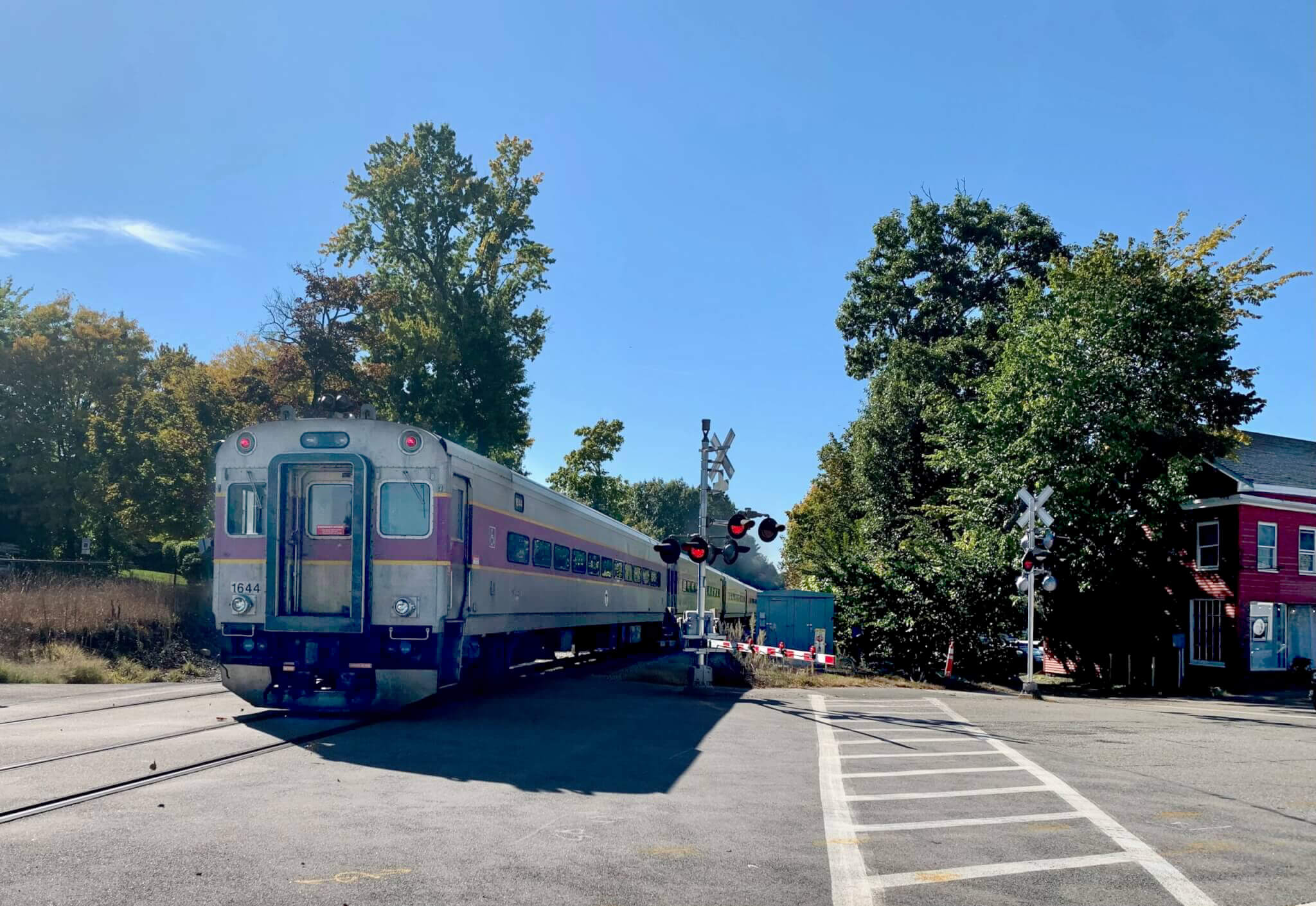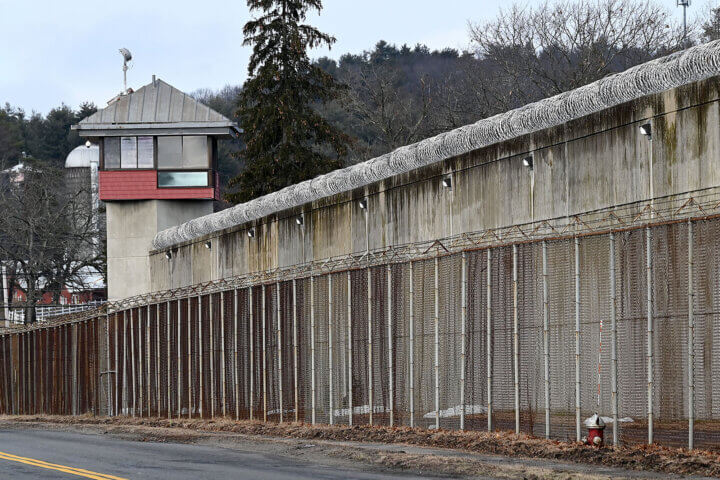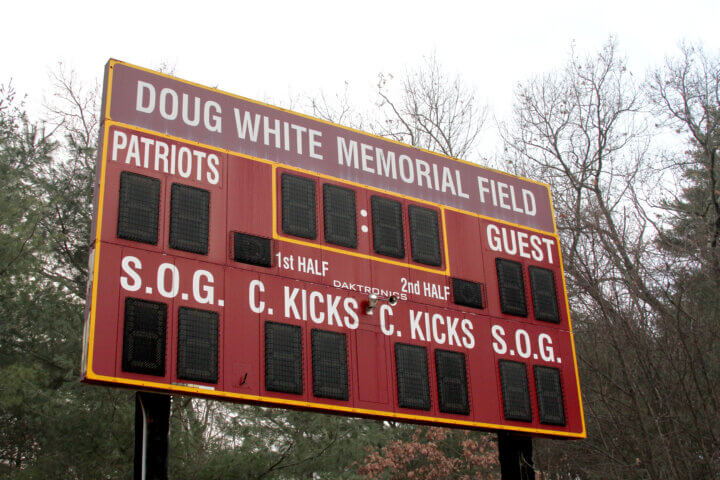The need for a more diverse housing stock in Concord has been a topic of conversation and consternation for decades. Various housing plans and long-range visions have prioritized more options for senior downsizers, young families and local workers.
While the town has made progress toward this goal, current zoning and the realities of a red-hot real estate market make development of multi-family housing difficult both practically and economically.
Now, the long arm of a new state law has come to town with a requirement that all communities served by the MBTA establish zoning that allows multi-family housing by right. It is this new zoning initiative, referred to as Section 3A, that brought over 80 residents to the Harvey Wheeler Community Center and more participating via Zoom on June 28.
Under Section 3A, Concord must provide an area of at least 50 acres where multi-family housing is allowed at a density of 15 units per acre. At least 50% of the zone must be within a one-half mile radius of an MBTA station. Current Concord zoning has no multi-family zoning districts and requires a special permit to construct anything except a single-family house. A multi-family district can include multi-family houses, townhouses, low-rise units, as well as more traditional apartment buildings – many examples of which are scattered around town.
While it might seem easy to simply draw a half-mile circle around the West Concord and Concord train stations, that approach would not necessarily achieve the 50-acre minimum, since federal, state, or municipally owned land, wetlands, flood zones, parks, playgrounds and conservation land are excluded from the calculation. In addition, there may be more appropriate sites (minimum of five acres) beyond the half-mile requirement that could be approved by the state.
At the meeting, presentations by town consultants and officials emphasized that the required multi-family zoning district does not mean that any housing will actually be built. It will be up to a developer to submit a plan and the town can retain rights for site plan review including height restrictions, green space and mixed commercial/residential use. Also, the town is not required to invest in additional infrastructure, such as sewer capacity, to support a proposed project.
During the question and answer period speakers generally supported the initiative and the extensive public process that will occur over the coming months. A concern was raised that West Concord not become the sole focus and that a portion for the multi-family district be established in Concord center as well.
The law mandates that the zoning bylaw contains no age restrictions and that units are suitable for families with children. However, Town Planner Elizabeth Hughes pointed out that a developer could on their own propose a project for people age 55-plus.
The law also requires a cap of 10% on affordable units. This can be raised to 20% through an economic feasibility analysis that a higher affordable requirement does not make a project uneconomic. The town recently received a grant to conduct such a study.
Keith Bergman, chair of the Concord Municipal Affordable Housing Trust, sees the possibility of a 20% requirement as a boon for creating more affordable units. He is confident that given the value of Concord real estate that there is a good chance the 20% affordable requirement can be included in the town’s zoning bylaw.
Resident Steve Neumeier commented that more data on costs is needed. He cautioned that more density by right will increase land value, which could lead to the unintended consequence of more existing housing being torn down. Bergman from the housing trust thinks that a 20% affordable floor could tamp down the economic incentive for developers to raze homes.
The town must submit its plan to the state before December 31, 2024, or face the loss of state funding and possible civil penalties. Town officials expect to present a zoning warrant article at the 2024 Town Meeting.
Deputy Town Manager Megan Zamutto said the most challenging part of this rather complicated process is to make sure that all residents are reached with relevant information so they can be fully involved in making an informed decision.
Additional public meetings are scheduled for later this summer and into the fall. The Planning Board will then conduct a series of hearings. The June 28 presentation and other resources regarding the MBTA zoning initiative can be found at https://concordma.gov/3292/MBTA-Communities.






